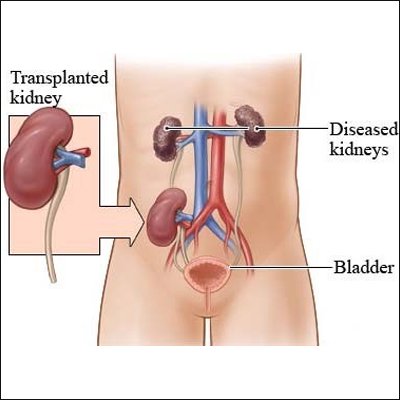Quick Email Now!
-
-
Call Us Today !
+91 9646350900
Quick Email Now!
Call Us Today !

Urine contains many dissolved minerals and salts. When your urine has high levels of these minerals and salts, you can form stones. Kidney stones may start small but can grow in size, even filling the hollow structures of the kidney. Some stones stay in the kidney and do not cause any problems. Sometimes a kidney stone can move into the ureter, the tube between the kidney and the bladder. If the stone reaches the bladder, it can be passed out of the body in the urine. If the stone gets stuck in the ureter, it blocks the flow of urine from that kidney and causes pain.Visit Best Kidney Stone Treatment in Mulund.
You probably know that passing a kidney stone can be incredibly painful. You may have heard someone compare the pain to childbirth. Or perhaps someone has said that their experience with kidney stones has completely recalibrated the way they assess pain. However, while pain is often the most talked about symptom of kidney stones (where it is felt and how intense it can become), it is not the only symptom to be aware of.Book Your Appointment now with our expert doctor who provides Best kidney Stone Surgeon in Dadar.
A kidney stone may not cause symptoms until it moves into the kidney or passes into the ureter, the tube that connects the kidney and bladder. At that point, you may experience these signs and symptoms.
Signs of infection, such as fever, chills, and vomiting.
Kidney stones happen when minerals and other substances normally found in urine join together to form a hard stone in the urinary tract. They can also form if there is not enough of other substances in the urine that help stop stones from forming.
Stones typically form in the kidney and ureter, the tube that connects the kidney to the bladder. They rarely form in the bladder.Dr.Suresh Bhagat is the Best Kidney Stone Surgeon in Mahim.
There are many types of kidney Stones but the most common among children are calcium oxalate and calcium phosphate stones. Less often, stones are made of uric acid (a waste product from eating certain foods and drinks), an amino acid (a building block of protein) called cystine, or the mineral struvite.
Kidney stones vary in size, with most about 1/8-1/4 inch. If a child passes a stone while peeing, it is helpful to collect it if possible so your doctor can send it for lab testing. Finding out what the stone is made of can help your child's doctor find ways to stop more stones from forming.
Types of Kidney Transplant:
Low Urine Volume An important risk factor for kidney stones is a persistently low urine volume. Low urine volume can be caused by dehydration (loss of body fluids) from heavy exercise, working or living in a hot place, or not drinking enough fluids. When urine volume is low, urine is concentrated and dark in color. Concentrated urine means there is less fluid to keep salts dissolved. Increasing fluid intake will dilute the salts in your urine. By doing this, you can reduce your risk of stone formation.
Adults who form stones should drink enough fluid to urinate at least 2.5 liters (⅔ gallons) each day. On average, this will require about 3 liters (100 ounces) of fluid intake per day. While water is probably the best liquid to drink, the most important thing is to get enough fluids.
If you have small kidney stones, you may not notice them. You can usually urinate them out without any discomfort.If You notice this sign.Consult Best Kidney Stone Surgeon in Prabhadevi.
Larger kidney stones can cause a variety of symptoms, including
Kidney stones are small crystals that form as pebble-like stones in the kidneys. Some can block the urinary tract. How kidney stones look may depend on what they are made of. Appearance can vary in size and color.
Calcium stones (80 percent of stones) Calcium stones are the most common type of kidney stone. There are two types of calcium stones: calcium oxalate and calcium phosphate. Calcium oxalate is by far the most common type of calcium stone. Some people have too much calcium in their urine, which increases the risk of calcium stones. Even if there is a normal amount of calcium in the urine, calcium stones can form for other reasons.